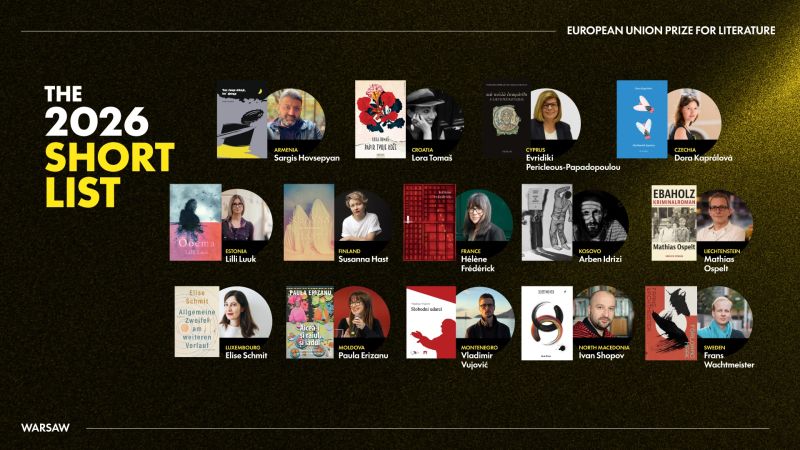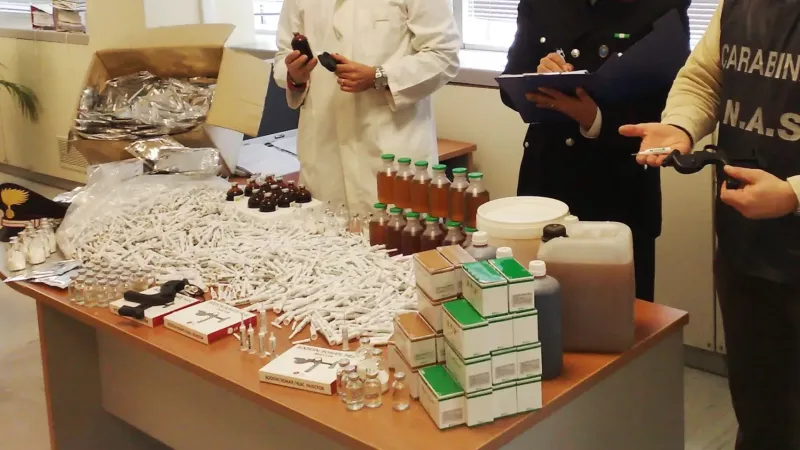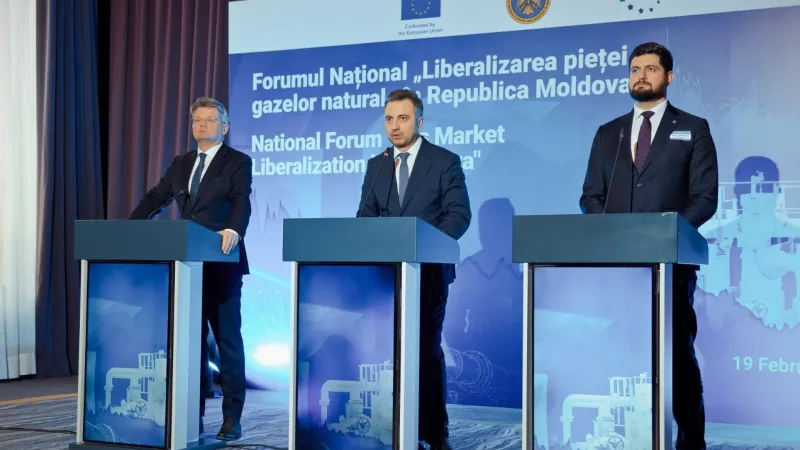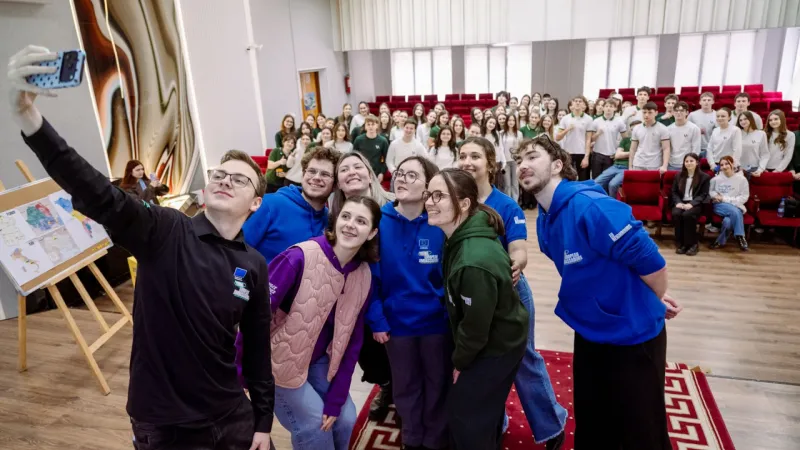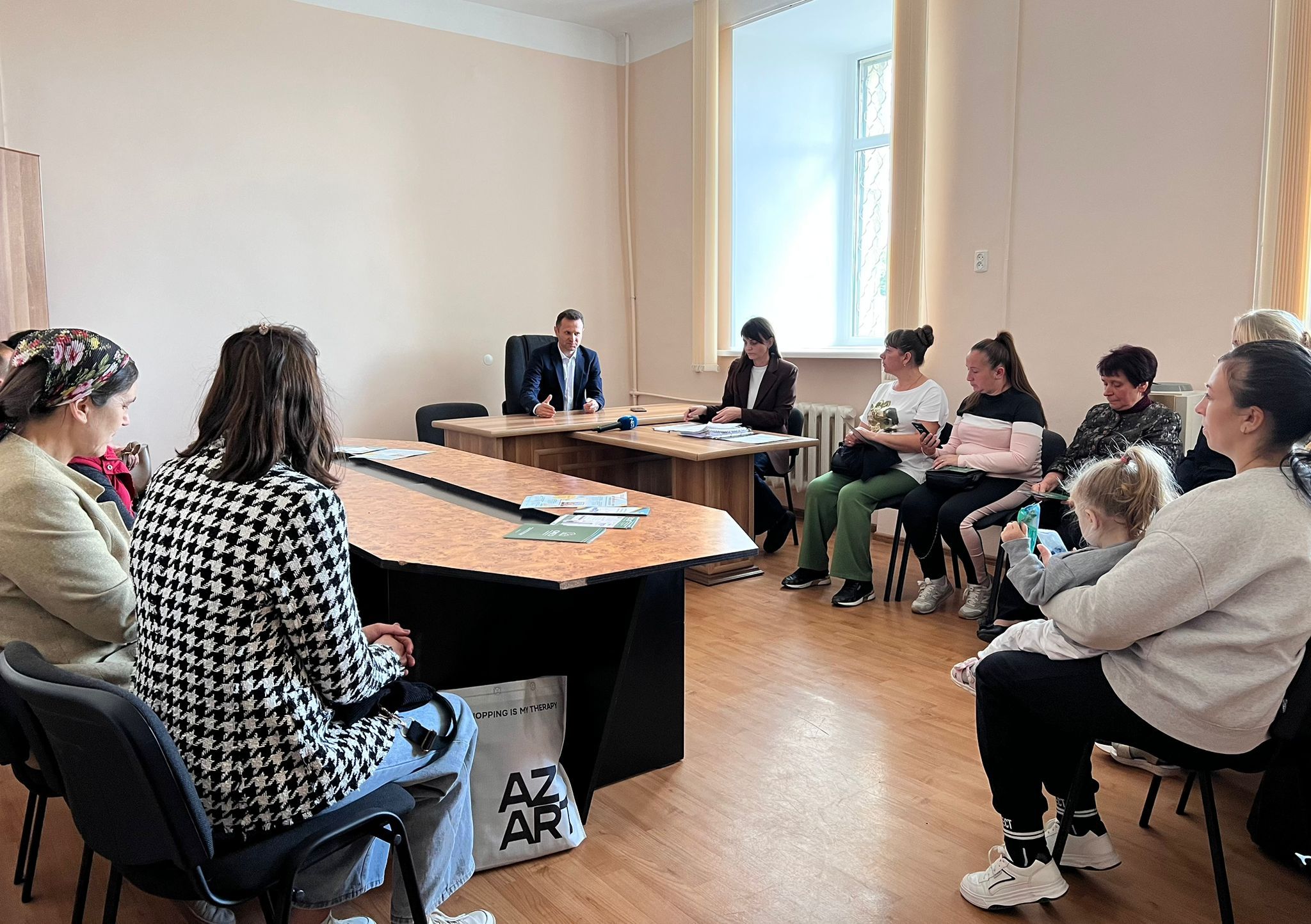
17 Families in Northern Moldova to benefit from energy-efficient homes
Seventeen families from the districts of Fălești, Florești, Glodeni, Rîșcani, and Sîngerei will benefit from more comfortable and energy-efficient homes thanks to support provided by the Government and the European Union through the Residential Energy Efficiency Fund in Moldova (FEERM), managed by the National Center for Sustainable Energy (CNED).
In this context, the CNED organized a meeting with the program’s beneficiaries, during which financing contracts were signed. Participants also received detailed information about FEERM, the program’s benefits, and the steps for implementing the modernization works.
For the rehabilitation of these households, a total of 4,269,594 lei will be allocated. Of this amount, 2,134,797 lei – representing 50% of eligible expenses – will be covered by funds provided by the European Union through the FEERM Program. Another 1,921,318 lei – or 45% – will come from the Energy Vulnerability Fund. Beneficiaries will contribute only 5% of the total cost of the works, equivalent to 213,480 lei.
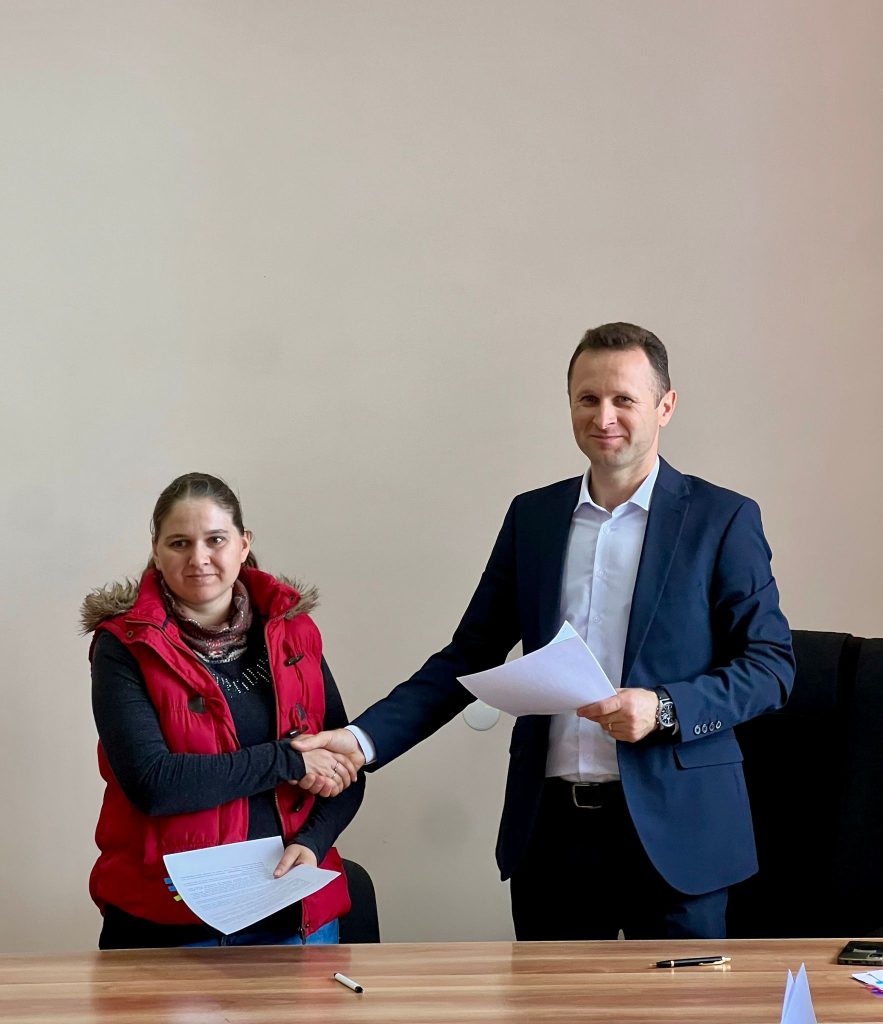
“Through this support provided by the Government and the EU via FEERM, we are helping families have warmer and safer homes, while also reducing their energy expenses. It is a direct investment in people’s quality of life and in the future of our communities. These works show how energy efficiency solutions can truly transform homes, bringing more comfort and stability to those who need it most,” said Ion Muntean, Director of the National Center for Sustainable Energy.
Previously, detailed energy audits were carried out for each household, identifying the main sources of inefficiency. Based on these assessments, personalized intervention packages were developed, tailored to the needs of each home.
The works to be carried out include thermal insulation of walls and foundations, roof repairs, replacement of doors and windows, modernization of heating systems, and installation of biomass-fueled boilers.
These improvements will ensure warmer homes, lower energy bills, and contribute to environmental protection, supporting the country’s national energy efficiency objectives.
The financial support for these works is part of an initiative to improve the energy efficiency of individual rural homes with a high degree of energy vulnerability, supported by the European Union and the Government of Germany. In total, with EU support, 180 vulnerable households in rural areas will be rehabilitated.
The MREEF program is developed by the Government of the Republic of Moldova with financial support from the European Union, implemented by the National Center for Sustainable Energy and the Ministry of Energy, and supported bythe “Energy Efficiency and Renewable Energy for Moldova” (E4M) project. E4M is implemented by GIZ together with the Government of the Republic of Moldova, financed by the German Government and co-financed by the European Union, Norway, and Denmark. This component is financed by the European Union.



